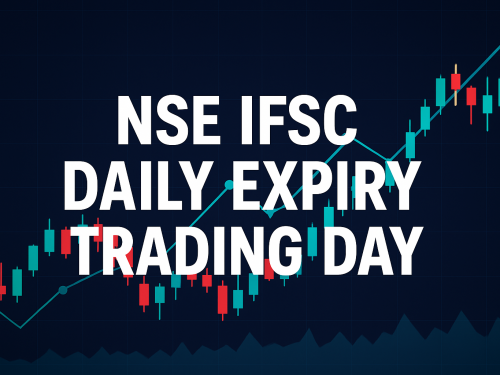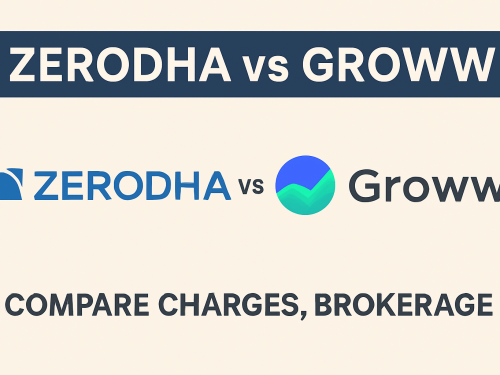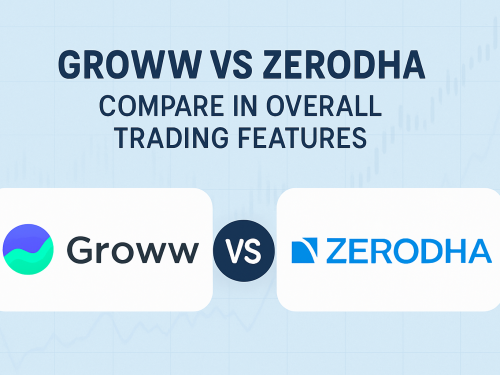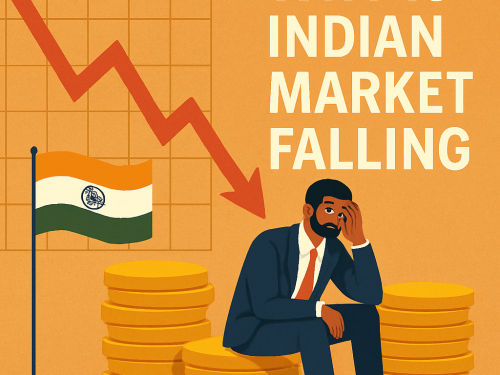Gold and silver prices have fallen sharply in October 2025 after reaching record highs earlier this month. The drop is primarily due to profit booking, a stronger U.S. dollar, and reduced safe-haven demand following easing global tensions and better market sentiment.
Muhurat Trading is an auspicious trading session in the Indian stock markets. It is held during Diwali, specifically on the day of Laxmi Puja. On this auspicious day, many believe that purchasing something of value such as stocks, mutual funds, gold, and more is akin to welcoming Laxmi into your financial life. Thus, this one-hour trading window is considered extremely fortuitous, bringing prosper
Both the American stock market and the crypto market experienced sharp declines yesterday, primarily driven by escalating trade tensions between the United States and China, along with concerns about overvaluation in tech stocks, weak earnings reports, a spike in bond yields, and high leverage in crypto trading.
NSE IFSC (National Stock Exchange International Financial Services Centre) is the international arm of the National Stock Exchange of India, operating from GIFT City, Gujarat, a special economic zone designed for international financial activities. It enables Indian and global investors to access a diverse range of international financial instruments, including stocks, index derivatives, and other
Groww and Zerodha have similar overall brokerage models, but there are significant differences: Groww charges brokerage on equity delivery, while Zerodha does not, and their exact rates for other segments also differ. Below is a comparison of their updated charges for 2025.
Zerodha is best suited for active traders seeking in-depth market analysis and advanced order management, while Groww excels for beginners focused on long-term investing and ease of use. Here is a comparison of their overall trading features in 2025.
BSE and Angel One both fell today, mainly due to regulatory changes announced by SEBI around equity derivatives, which have negatively affected their business models and investor sentiment. Broader market volatility from global cues and domestic sectoral concerns also contributed to the decline.
Gold and silver prices are increasing in 2025 mainly due to global economic uncertainty, persistent inflation, central bank buying, a weakening US dollar, industrial demand (especially for silver), and ongoing geopolitical tensions.
The Indian stock market experienced a major fall in 2025 due to a combination of global and domestic factors, including aggressive foreign investor outflows, US trade tensions and tariffs, domestic policy uncertainties, high inflation, and weak corporate earnings.
The Sukanya Samriddhi Yojana (SSY) is a government-backed savings scheme launched in 2015 under the Beti Bachao Beti Padhao campaign, aimed at securing the future of the girl child in India. It encourages parents or guardians to build a fund for their daughter's education and marriage expenses.
To earn ₹1 crore (10 million) in 3 years, you need a practical strategy that balances high returns, aggressive saving, and risk management. Here’s a step-by-step guide with realistic numbers and options specifically for India in 2025.
A 60-year retirement plan for a salaried employee involves systematically building a retirement corpus over your working years, then using this corpus to generate a regular income after age 60. In India, this typically combines mandatory schemes like EPF, voluntary options such as NPS, private pension plans, and risk/goal-based products like ULIPs and annuities.


















